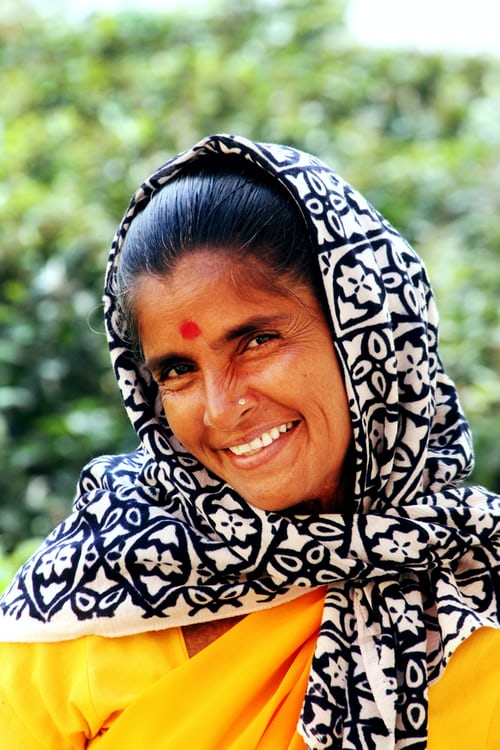Dear Editor,
This is a response to the op-ed “Hindu Women: May the Hypocrisy Rest in Peace” published in INDIA New England News by Dr. Vatsyayan (dated 10/03/21). It tries to identify and separate issues of Hindu religion and traditional conditioning as applies to contemporary women’s issues of South Asian origin.
Dear Dr. Vatsyayan,
I read your article with a lot of interest and curiosity and realized that you might have fallen into the all too common trap of confusing local tradition with religion. I come from an area where none of the fasts and festivals you have mentioned are followed. As I’m sure do many others.
There is no denying that our society is patriarchal today in a lot of ways, as are many other societies. And I also agree that it’s a case study in psychology…. of people, not religion. Everything you have mentioned above are mostly recent (relatively speaking) social traditions of South Asia, irrespective of religion.
Why we ‘choose’ to follow them is a topic worth studying. Religion is usually used as a crutch to blame things on and divert responsibility (from both sides) and more liberal the religion, more the freedom to do so. For example, the phrase ‘gifted or daan ki hui’ is not a religious meaning but a colloquial one. If you are referencing ‘kanyadaan’, it entails giving up the girl’s premarital gotra (if you chose a Vedic wedding) not the girl herself as is popularly used and abused today.
As to why we are where we are; the reasons are multifold. Mostly, we are unaware of many aspects of our own religion (have been for at least a 100 yrs.). Maybe due to our history. The psychological manifestation of this is our need to please. And this need to please is handed down in the same hierarchical way for generations.
Also due to our history, our laws are ahead of the curve in terms of women’s issues than many mindsets are . The woman’s right to vote, right to equal pay or equal inheritance are laws women had to fight for in the West. Requires a certain determination and will. We got most (not all) of them as hand me downs in our law.
How does this translate to real life? It’s when elders nonchalantly tell a younger working woman to give up her job because the family needs her, instead of giving her the same tools and privileges which makes it easy for men to work. If our earlier generation had to fight and suffer for a right to vote or work they won’t be so flippant about it. In their minds, they can still please everyone and earn money in turns.
Hinduism (since you specifically mentioned it) is not going to hold you in contempt if you work or chose not to, do not cook or fast or bear sons (really). YOUR OWN PARENTS MIGHT. Unless we lose this conditioning, which is not an easy task, till an older woman relative doesn’t feel the need to extract her pound of hierarchial flesh from the younger one (because now it’s her turn), even if Hinduism vanishes ,the suffering will not.
Also, can we just leave Ram, Sita and other deities out of contemporary social arguments till we become more academically aware as to the original context of these texts? Think they have suffered enough.
Sorry for the long post ..but just wrote what I had to say.
Regards,
Reshma Ghanekar, Massachusetts














